An exercise in the incredible
We live in a world where space and time are curved. It's incredible. But we're quite sure about that.
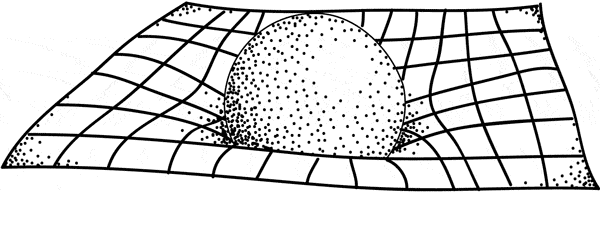
We live in a world where the motion of a mouse in the basement can have an instantaneous effect on the Andromeda Galaxy 2.5 million light years away. We're sure about that too.
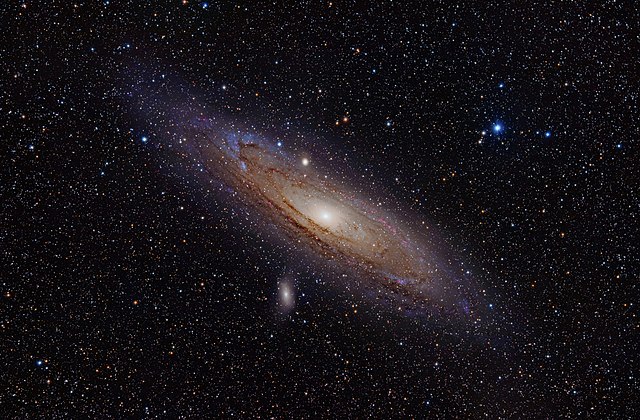
In our world almost all the properties of a human being are encoded in a long molecule called DNA. And by the way, we've broken the code!
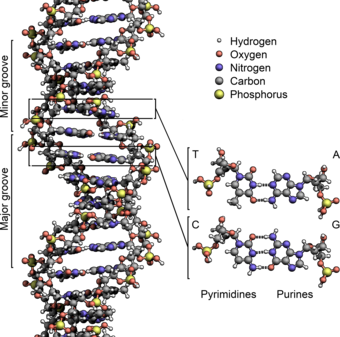
You can't make this stuff up. This is the kind of material that science fiction writers dream about, except that it's real. Few things are more incredible, more imaginative and more downright shocking than the natural world. And it is reliably accessible to us through the study of science.
Our task is to understand how science works. How something comes to be called a science. How it's so effective. What its most basic concepts are, and what their nature and implications are.
In short, we are embarking on a cheerful, surprising and deep journey into the philosophical foundations of science.
Let's start at the beginning.
How we got here
Our universe is 13.8 billion years old. (Yes, we know that, too!) But we don't have all that much time. So, let's zoom ahead to a little bit to the birth of modern science.
The word 'science' is Latin for 'knowledge', but didn't come into common usage until the 1830's. Modern science itself began to take recognisable shape around 1500. Back then, philosophy and science were not distinguished as two separate fields, but referred to under the single heading of Natural Philosophy.
What was Natural Philosophy? It was a systematic attempt to understand the natural world. The phrase came into common usage in the middle ages at some of the world's oldest academic institutions like University of Bologna, Oxford and Cambridge. It included studies that we might now call physics and astronomy, but also botany, psychology, and many other things.

The Voynich Manuscript, a mysterious encoded work of medieval natural philosophy.
Although the topics are recognisable, early Natural Philosophy would does not seem natural today.
For example, two natural philosophers would sometimes seek to settle disagreements about a theory by assembling numbers of witnesses to an experiment. The theory with the larger number of witnesses supporting it would triumph. An example of this occurred in a heated debate between the French Jesuit scholars Pierre Cazré and Pierre Gassendi in the 1640's, in which groups of witnesses were assembled in order to bear witnesses to experiments favouring their competing theories of freefall.

Galileo was an early critic of this practice. In his 1623 book The Assayer he criticised the natural philosopher Orazio Grassi, who had written a book about comets under the pseudonym of "Sarsi":
"I cannot help wondering that Sarsi still wishes to persist in proving to me by means of witnesses that which I can see at any time by means of experiment. Witnesses are examined in doubtful matters which are past and impermanent, not in those which are factual and permanent."
Galileo's emphasis on experiment is one of many reasons why he is considered one of the fathers of modern science.
The scientific revolution

Natural Philosophy got its legs during the Scientific Revolution, which happened between around 1500 and 1750. This was a period of rapid development in systematic knowledge about the natural world, in which mathematical tools and experimental observation came to be viewed as of central importance.
Copernicus proposed a radical new system of the world in which everything orbited around the sun instead of around the earth. Kepler discovered the orbital laws.

Galileo came upon one shocking discovery after the next. His refinement of the telescope allowed him to see that there were mountains on the moon and moons around jupiter, overthrowing thousands of years of orthodoxy that had argued that both were impossible. He also discovered many of the laws governing the mechanical motion of bodies near earth.

Galileo's drawing of the mountains on the moon in Siderus Nuncius
How did all this happen? Clearly these thinkers were doing something right, as their successes were resounding and long-lasting. The answer has to do in part with the adoption of many new techniques, but also with a great deal of analysis of what makes science successful. Galileo, Descartes and Newton thought as much about the philosophical foundations of their ideas and methods as they did the ideas and methods themselves.
For example, Galileo grappled with the extent to which infinite quantities can inhabit the world. Descartes grappled with the relationship between mind and body. Newton wondered how gravity could act at a distance, and how to explain coincidences.
We will carry out some of that analysis ourselves, and think more about some of these examples, as we proceed on our journey.
Modern Science and its Foundations
Modern science has brought even more radical changes to human understanding, from Einstein's radical new theory of gravity, to the non-intuitive description of fundamental particles ushered in by quantum mechanics.
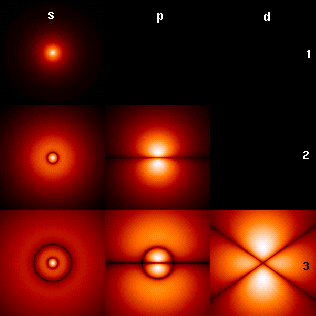
These radical theories have made it all the more urgent that we understand how science works, what its basic concepts are, as well as their nature and implications. Today, this kind of research is central part to what is known as the philosophy of science.
The enormous enterprise of scientific knowledge has become so big that no one discipline can do it all. Early thinkers like Galileo, Descartes, Newton and Leibniz were all physicists, mathematicians, engineers and philosophers. But today, science has now fractured like the tower of Babel into dozens of interconnected fields. Here is one valiant attempt to classify some of the sciences.
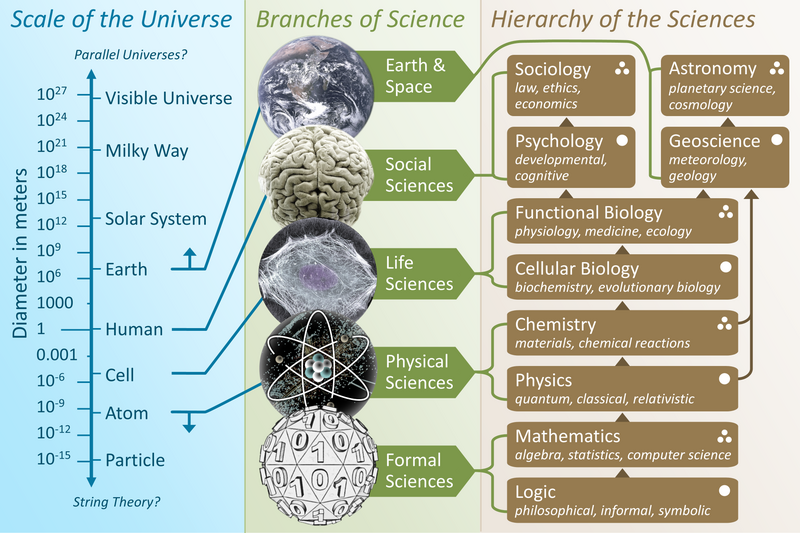
Philosophy of science is one of these descendants of Natural Philosophy.
It is diverse in and of itself, with some researchers asking general questions about the way science works, and others asking very specific questions about the conceptual foundations of just about every specific science you can think of, from particle physics to neuroscience to economics.
The questions of philosophy of science are sometimes so specific as to require extensive use of scientific theories and tools. Indeed, the techniques, questions, and even the answers produced by philosophers of science overlap with scientists in many respects. Indeed, many philosophers of science hold advanced degrees in the sciences as well as in philosophy!
Shut Up and Calculate?
Philosophy and science are two children from the same parent. However, their practitioners are often raised in different households.

In particular, some philosophers know rather little about science, choosing to study topics like logic or moral theory. Some scientists know rather little about philosophy or philosophy of science, choosing to focus instead on some specific problem in their discipline. Philosophers of science — at least the best among them — tend to know great deal about both.
Sadly, there is a certain kind of household among scientists that appears to disparage philosophical thought.
This way of thinking appears to have come out of the inability of physicists (or anyone else, for that matter) to agree on an interpretation of the strange nature of the quantum world, such as the famous Schrödinger Cat. This deep disagreement led some desparate scientists to renounce interpretive questions altogether, adopting a dictum characterised by David Mermin as, "Shut up and calculate!"

This is not the only kind of scientific upbringing. It isn't even the most common one. But you see it in the news from time to time. And it has led to led some scientists to launch some rather ill-considered tar balls at philosophy, as in an otherwise-charming Nerdist interview with Neil deGrasse Tyson.
Critical responses to Tyson have been given by both philosophers and Physicists, which you are encouraged to think through. But here are three things to keep in mind scientists complain about philosophy of science.
- "Philosophy" does not mean "Speculation." Philosophers are not often experimentalists, but this does not mean that they ignore experimental data. In fact, some of the most influential philosophers on modern science, such as Francis Bacon, were staunch empiricists, believing that knowledge is only possible through experience and observation. Before criticising philosophy of science, it's important to know what it means.
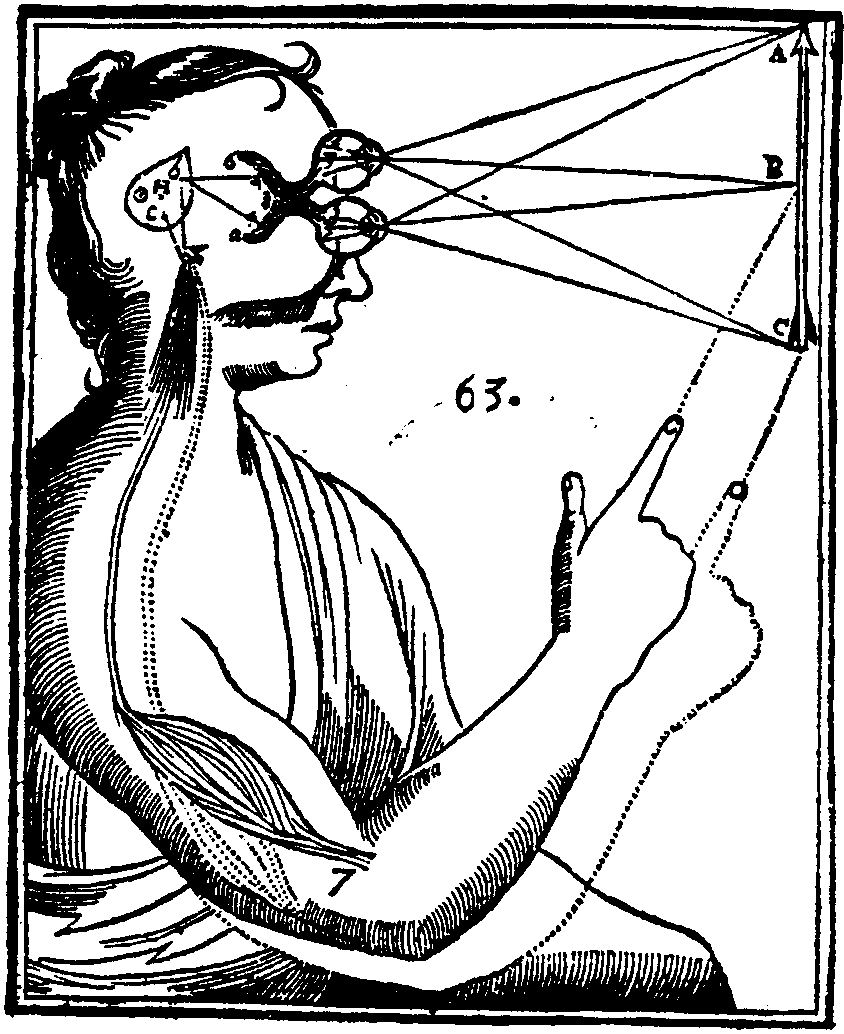
- Nothing is useful to all scientists. A botanist's work is not often useful to an astrophysicist. Indeed, few areas of study produce work that impacts all other areas of science. Philosophy is no exception. That said, philosophy has had a number of important impacts on science, being central to the work of great thinkers like Einstein, Neils Bohr, and Francis Crick.

- Not all knowledge is immediately practical. Philosophy sometimes asks deep questions that go beyond the strictly concrete and practical. Why would anyone demand that such questions be avoided? Demanding otherwise would be a recipe for short-sightedness. And often the impact of philosophical thinking is delayed. This happens in science as well: the first practical impact of Einstein's General Relativity theory (GPS) did not come into widespread use until 80 years after it was proposed.

Philosophy of science is an incredibly rich and exciting field. Once you dive deep into the philosophy of science, I suspect these criticisms will not even cross your mind.
However, like a good philosopher, you should think all such criticisms through for yourself!